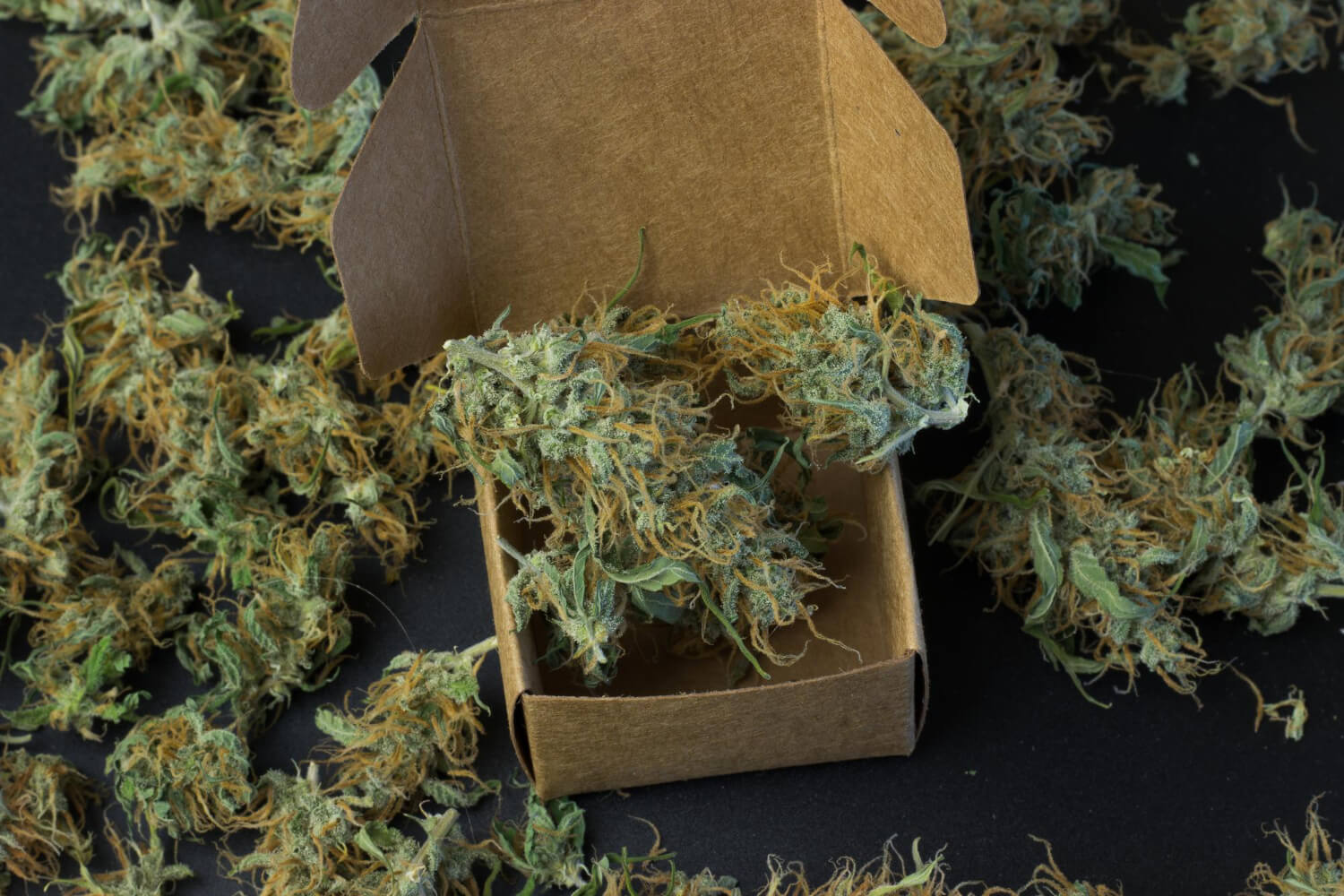A decade ago, people from across the United States converged on Colorado to witness a historic moment: the purchase of legally sanctioned marijuana from the first officially licensed recreational cannabis stores in both the nation and the world. In the decade since Colorado’s electorate legalized cannabis, the state has crafted one of the most advanced regulatory frameworks globally, setting a precedent for many others. The legalized cannabis sector has generated numerous jobs and bolstered the state’s economy. It has seen considerable advancements in fairness, industry expansion, financial services, and utilizing sales revenue to construct educational facilities statewide.
The Outcomes of Legalization
The consensus is that Colorado’s approach to legalizing cannabis has yielded positive results. This initiative has demonstrated to other regions that substituting criminal penalties with regulatory measures can successfully guide individuals towards a lawful marketplace, reduce underage access, enhance public health, and create funding for various programs and services. Colorado has amassed an estimated $2.6 billion in taxes and fees from cannabis transactions. These funds have been allocated to bolster public education, substance abuse treatment, police training, low-cost housing initiatives, and research aimed at curbing illegal market activities.
Economic Competitiveness
Although cannabis may not be on an equal footing with alcohol yet, it is moving towards achieving that status. The marijuana market has proven to be economically competitive. A report released by the state’s nonpartisan Legislative Council Staff in August showed that during the last fiscal year, cannabis sales generated more tax revenue than alcohol sales.
Reflections on a Decade and the Future of Cannabis Policy
Even officials who opposed the 2012 ballot initiative for legalization have publicly acknowledged that their concerns did not materialize and that the regulatory model has proven successful. Meanwhile, Governor Polis is seeking legislative approval to issue mass pardons for individuals with prior convictions related to psychedelics after signing legislation to decriminalize them in May—an action aligned with a legalization ballot initiative approved by voters last year.
Colorado’s ten-year journey of cannabis legalization has been a testament to the benefits of replacing criminalization with regulation, showcasing improvements in public health, job creation, economic competitiveness, and social equity. As an example for other states and countries to follow, Colorado continues to adapt and refine its policies, paving the way toward a brighter future for the cannabis industry worldwide.





